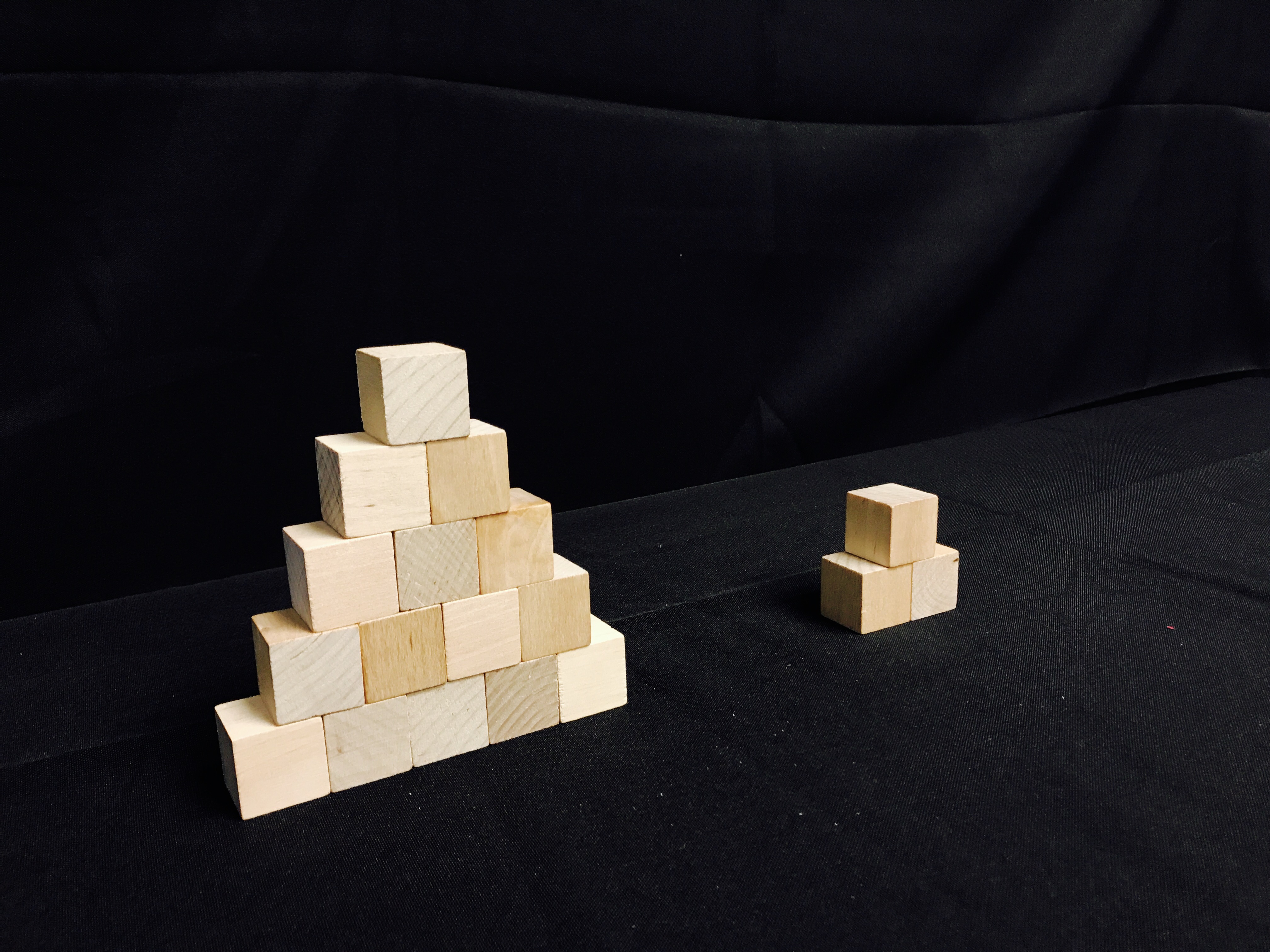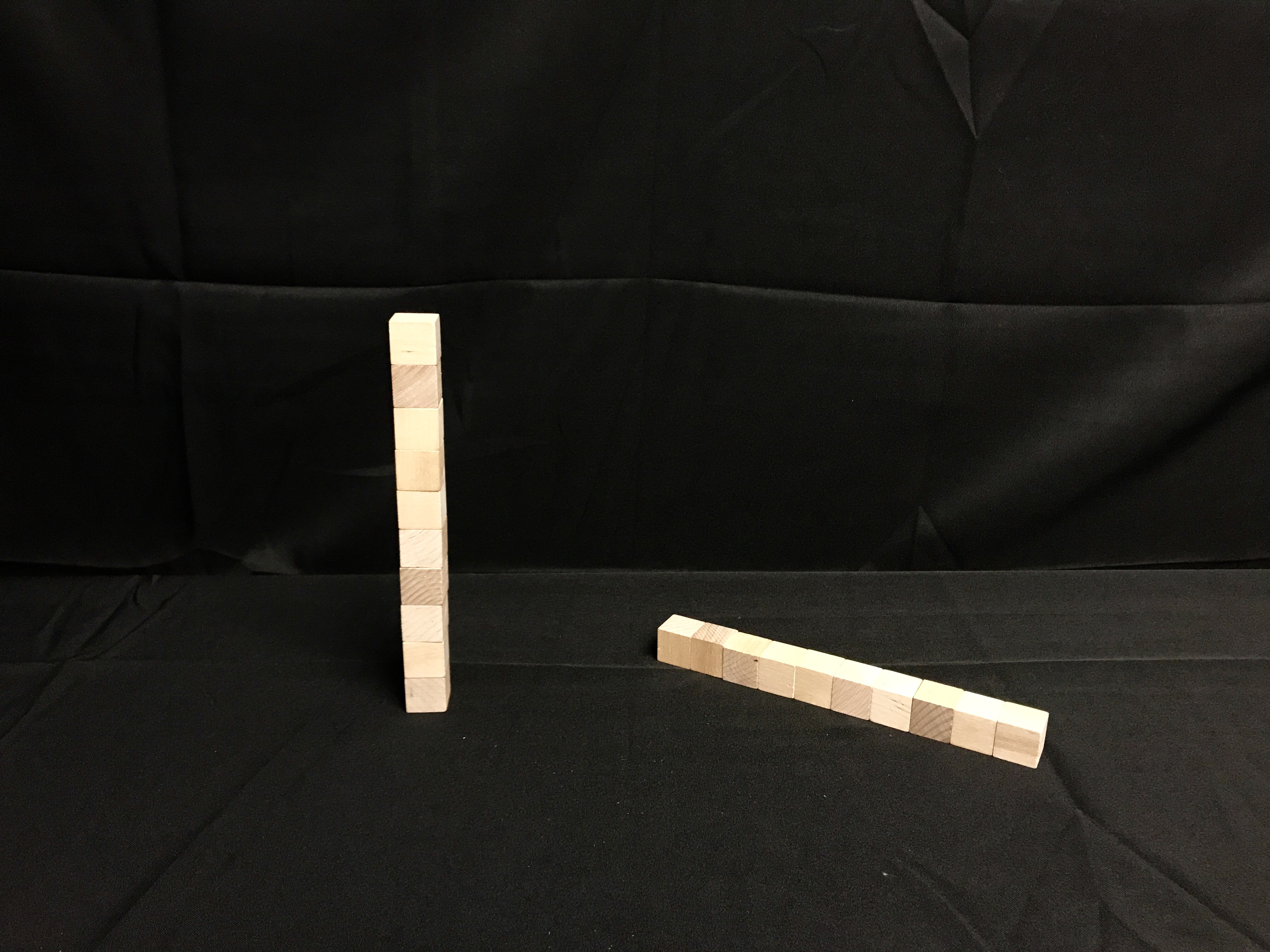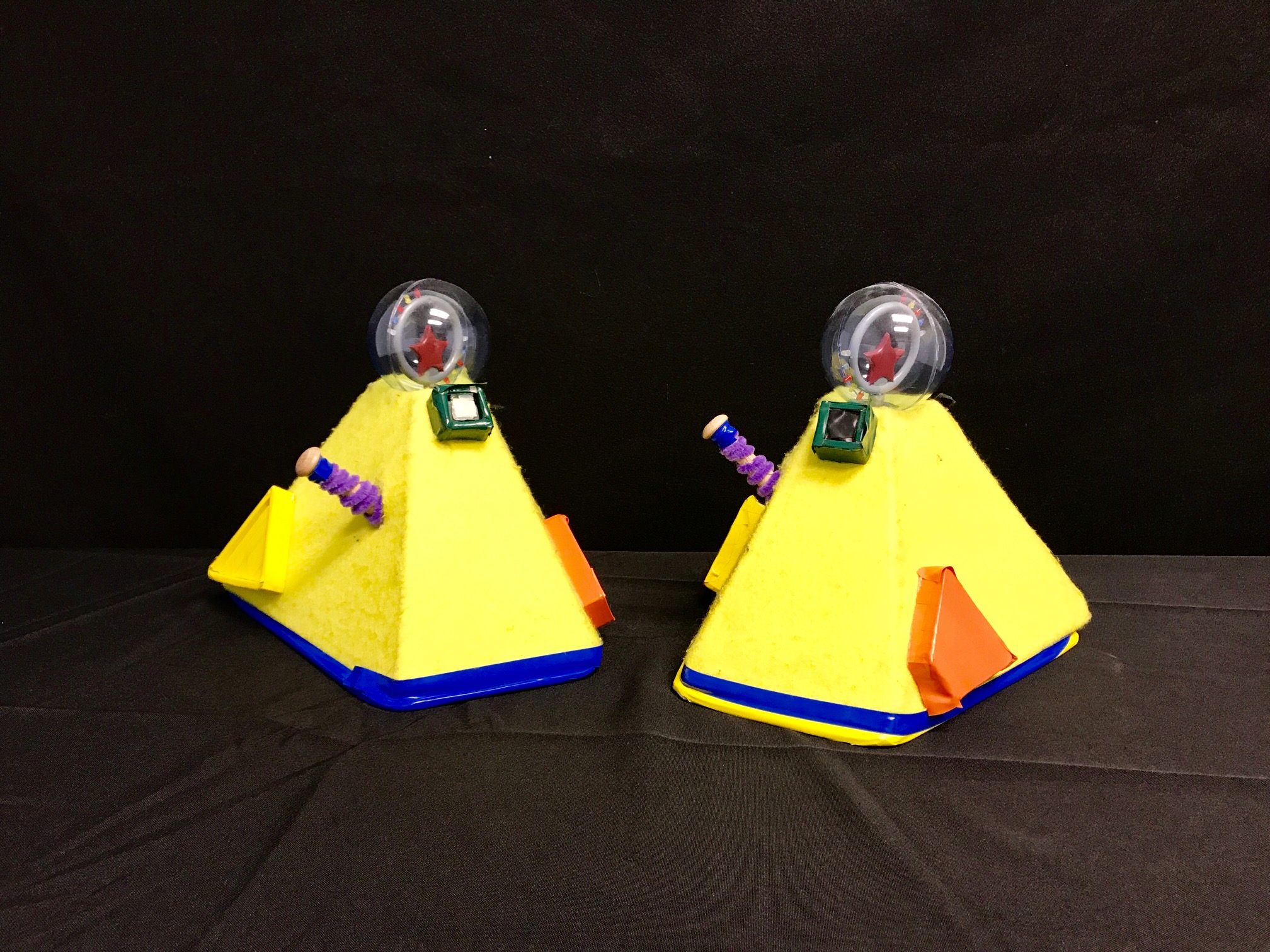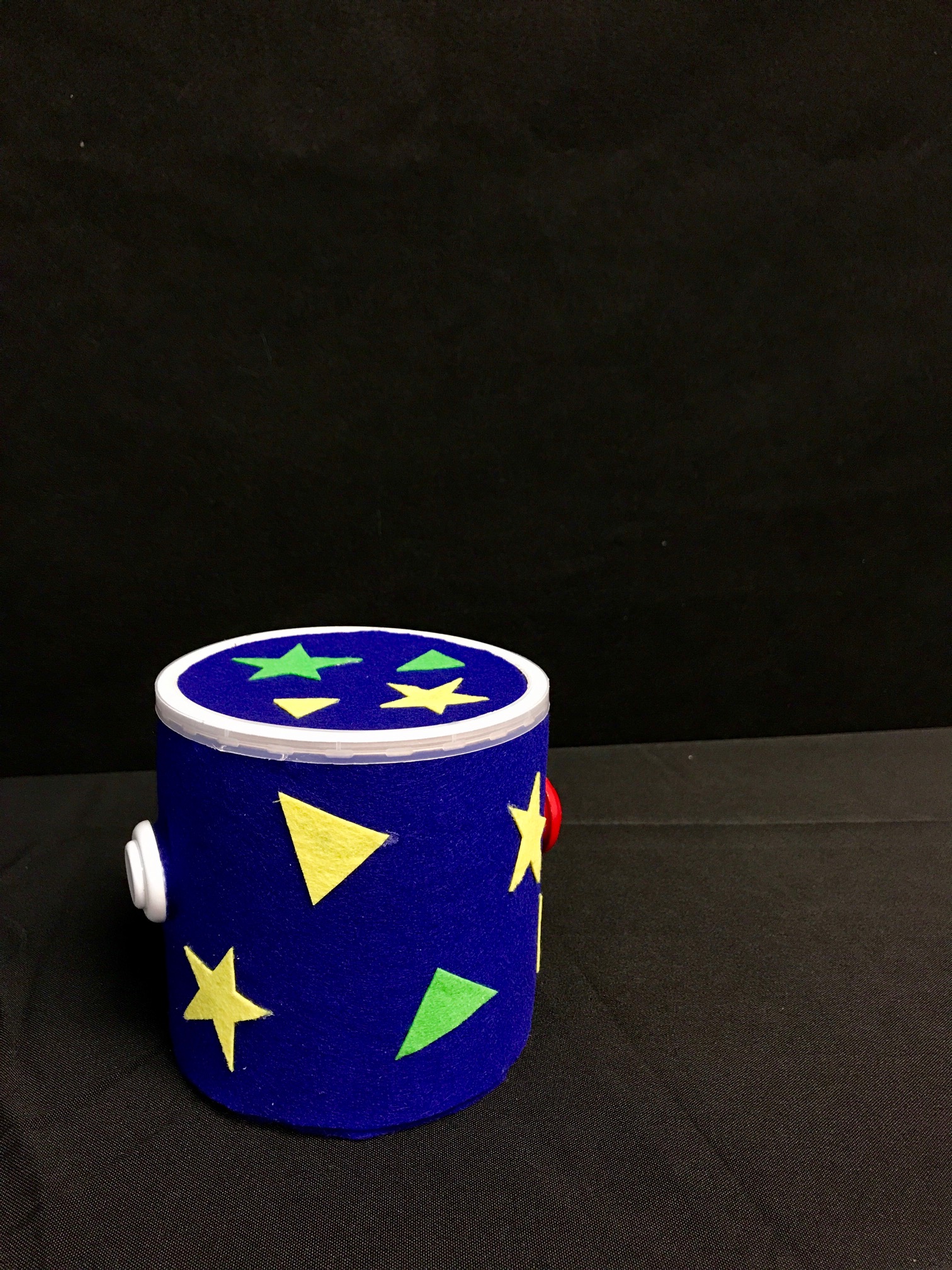Studies for Children
Palo Alto Junior Museum and Zoo
We conduct research for infants (2-24 months) and children (2-12 years) at the Junior Museum and Zoo in Palo Alto. We have a private "game room" in the museum for our research, and you may see some of our researchers with nametags walking around the museum. Our studies involve watching simple video clips or playing with toys in a comfortable setting for a short period of time. Come say hello to us the next time you are there!
Bing Nursery School
We also run studies for young children (2-5 years) at Bing Nursery School on Stanford's campus. We play with children in the classroom and ask them to come participate in a fun game with us. There are several play rooms for research within the preschool's campus!
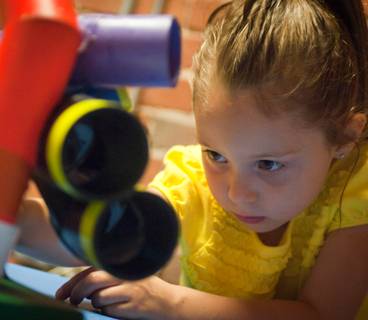
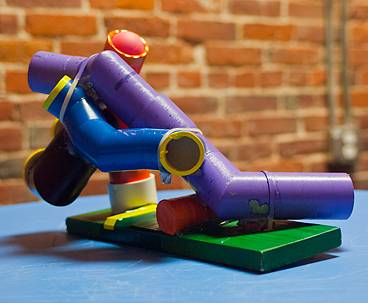
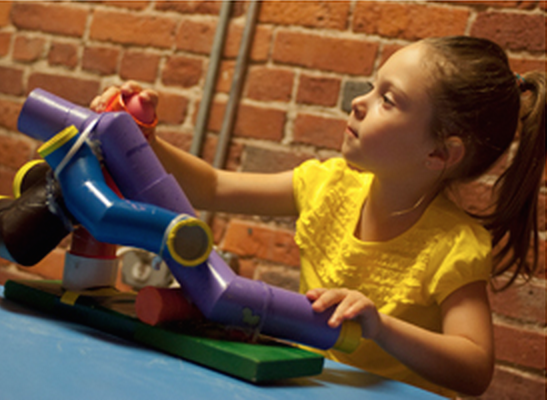
Some Questions We Explore with Your Kids:
An important part of our everyday lives is knowing what is “easy” and what is “hard” to accomplish. Sometimes we know what is difficult through prior experience, but often we have to anticipate the difficulty of novel tasks. Children especially may need to estimate how easy or hard something is because they are new to the world! In our research, we explore children’s understanding of difficulty in concrete, physical tasks, as well as studying whether children can use this understanding to make decisions about how to complete goals efficiently and to cooperate effectively.
We learn a great deal about the world from others. Yet, they cannot teach everything to us nor do they need to. Instead, teachers often need to figure out what would be most useful to teach and what can be left for learners to figure out on their own. A key aspect of this process is taking learners’ perspectives to determine what they might find hard to figure out on their own and what they might find fun to know. In these studies, we investigate whether children can intuitively prioritize teaching what would be challenging to learn without instruction and what would be most enjoyable to learn.
We are drawn to people who like the things we like. However, not all shared preferences are equally meaningful: for example, you might feel a greater kinship to someone who also loves your favorite book than to someone who uses the same brand of paper towels as you. In these studies, we explore which similarities matter most for social affiliation. In particular, we ask whether children and adults use statistical information about how rare and distinctive a preference is to decide with whom they would like to be friends.
Understanding what others think of us is critical for daily social interactions, building relationships with others, and even learning about ourselves. Previous studies have shown that even young children can make sense of what others know and believe. Our work examines young children's capacity to recognize what others believe about their abilities and to communicate about their abilities to others.
Featured Cool Toys
We design fun, engaging games for children to play and for us to study. These games often involve toys that light up or play music, puppets who talk to children, or novel tasks for children to perform. Check out some of our toys and games below!
Studies for Adults
If you are interested in participating in our studies for pay, please register for our department-wide subject pool or look for us on mTurk. Opportunities to participate in research with us and other labs around Stanford are posted frequently.
If you are a Stanford student and are interested in participating in our studies for class credit, please request an account on our department-wide credit pool. You cannot participate in paid studies for class credit.
